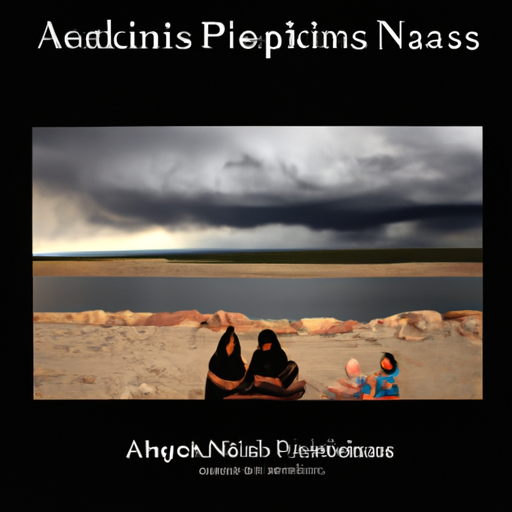Addressing the Opioid Crisis in Canada: Piikani Nation Declares State of Emergency Over Fatal Opioid Poisonings
Greetings, dear readers. I want to bring your attention to a critical situation that has been recently brought to light in Canada. The opioid crisis, the cataclysmic public health fiasco that has caught nations worldwide in its grip, is wreaking havoc, particularly affecting the indigenous tribes of Piikani Nation in Southern Alberta.
Harsh Reality of the Opioid Crisis for the Piikani Nation
The community, home to approximately 3,600 people, has declared a state of emergency in response to multiple fatal opioid poisonings. It’s a heartbreaking situation, with repercussions and effects that reach every corner of the community.
– Local authorities have reported a dramatic increase in overdose cases, attributed to substances such as Fentanyl and Carfentanil.
– The crisis has introduced unexpected tireless challenges for emergency services, stretching resources thin.
– Crime rates also revealed an upsurge due to the opioid crisis, with a rise in incidents of drug-related offenses and violence.
– The hardest hit by this public health emergency are the homeless and vulnerable community members. The opioid crisis has exacerbated their plight – driving them further into poverty, isolation, and diminishes their ability to escape the poverty trap.
– The profound impact extends to children, who have to be placed into care due to the death or incapacitation of family members.
Battle Against the Opioid Pandemic
On a positive note, the leadership at Piikani Nation has not been idly standing by. Their response plan includes varying innovative approaches:
– Collaborative efforts with local physicians to incorporate addiction treatment into primary health care.
– Implementation of a Band bylaw to blacklist drug dealers, barring them from the community.
– Making Naloxone kits, an opioid overdose reversing drug, easily accessible to members of the community.
Despite these admirable efforts, additional resources and funding from provincial and federal governments are crucial in countering the escalating situation.
The Fight escalates: Opioid class action
Canada is also exploring larger scale action such as the national opioid class action, which holds pharmaceutical companies accountable for the opioid crisis. The government of Alberta has also introduced legislation to allow it to participate in such legal cases.
Persistent challenges
Even with these vital steps, the opioid crisis in Piikani Nation, and Canada as a whole, is far from over. Struggling communities need more than just emergency measures. Providing additional funding, ongoing support for local initiatives, and expanding mental health services are essential.
Key Takeaways
The opioid crisis is not an isolated situation, and emphasises a failure of public health systems in preventing these crisis. A collective effort by all stakeholders, including governments, local communities, healthcare providers, and pharmaceutical companies, is vital.
– Increase in crime and homelessness linked to the opioid crisis.
– The introduction of emergency measures, such as Band bylaws or Naloxone kits.
– Legislation and national lawsuits as means of holding pharmaceutical companies accountable.
In conclusion, the opioid crisis is more than a mere public health issue. It has significant socio-economic implications, and its resolution is intertwined with addressing other systemic issues such as poverty, homelessness, and crime. This fight against the opioid crisis should be part and parcel of a broader initiative towards creating healthier, supportive and resilient communities.


